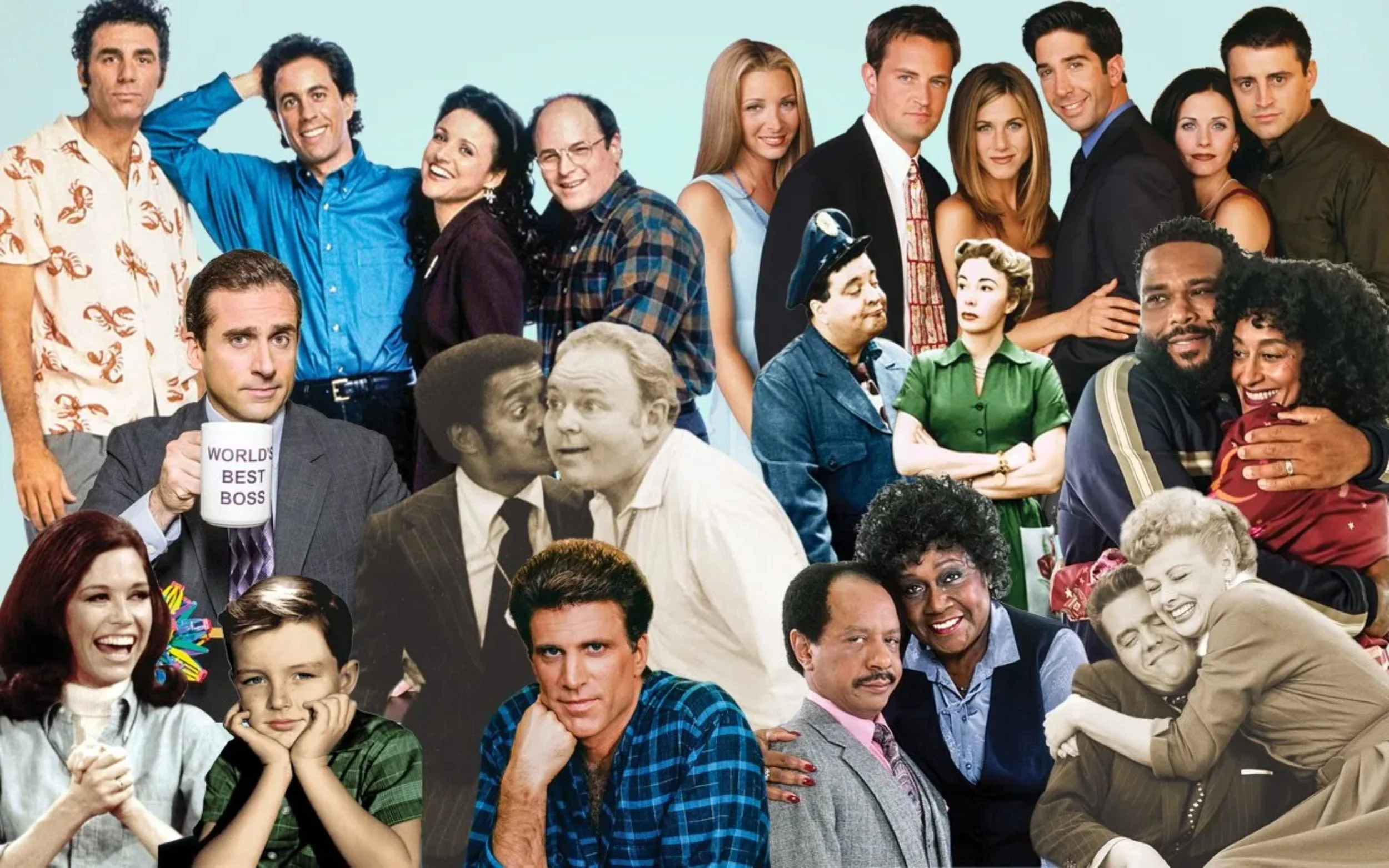Many institutions are rethinking their approach to diversity in the light of renewed protests in support of the Black Lives Matter movement. Theatre companies throughout the nation are a part of this wave, rethinking everything from season planning to staff structure. Yet one of the largest issues at hand is the lack of diversity in audiences. Theatre audiences are dwindling, and those audience members that remain tend to fall into a very narrow set of demographics: usually older, white, and affluent. Theatre companies will have to reach out to new groups If they want to continue working and thriving well into the future.
So Why is there an “A” in STEAM?
In the early 2000s, the state of science, technology, engineering, and math education troubled policy makers in the United States. Together, these four subjects became known as STEM. In more recent years there has been a shift to add arts into this focus, making the acronym now STEAM (science, technology, engineering, arts, math). However, there isn’t a clear outline or framework of what exactly a STEAM education is, or how schools and classrooms are supposed to be implementing this learning. Even among the academic articles about STEAM, there is disagreement about STEAM, its definition and implementation.
Supporting Equity in Tech and the Arts
As our country comes face to face with its long-lasting racial and social injustices, it is important to consider how long term, institutional change can be made. The arts and technology sectors have the responsibility of providing equal access. We at AMT Lab are committed to doing better. We value knowledge and research and their power to create change.
Sustainable Practices for Arts Organizations in the Era of 5G and IoT
When it comes to sustainable, environment-friendly business practices, arts organizations have more often been criticized for being on the opposite end. Arts Council England’s annual environmental report released earlier this year shows that museums generate 41% of the total carbon footprint despite making up only 8% of the total National Portfolio Organizations (NPO).
Virtual Solutions in the Arts During Covid19
Over the last week, society has faced unprecedented territory with the increasing spread of Covid-19. As communities quarantine themselves and take precautions against greater spread, arts and cultural organizations are joining in the effort by closing their doors. Amidst all of this, arts managers are coming up with creative solutions to offer their content and services to the public Now, more than ever, the arts must rely on technology to deliver their content. Below is a sampling qua starter list of virtual responses to Covid19 to date (March 17, 2020).
4 Recommendations for Building Inclusivity in the Video Gaming Industry: Part 3
Fixing the Video Game Inclusivity Problem: Part 2
Exploring An Equity & Inclusivity Problem: Gender & Ethnic Diversity in Video Games: Part 1
The video game industry expanded rapidly in the last decade with the U.S.A games market exceeding revenues of $43 billion in 2018. While there is growth, the industry is also facing an increasingly apparent and problematic disparity among audiences. In many traditional PC and console genres, women and non-white ethnicities are underrepresented both among the player-base as well as on-screen; furthermore, the player experience for underrepresented players is markedly different than their over-represented white male counterparts.
Fostering Environmentally-Friendly Practices in Collegiate Theatre
As the public becomes increasingly aware of the disastrous effects of climate change, individuals and businesses across the globe have tried to decrease their waste by pursuing environmentally friendly and sustainable practices. The theatre industry has made some attempts to follow suit, but their expenditure of resources is still extremely high. Environmentally friendly theatre practices taught at the collage level have the potential to impact the industry at large in the near future.















